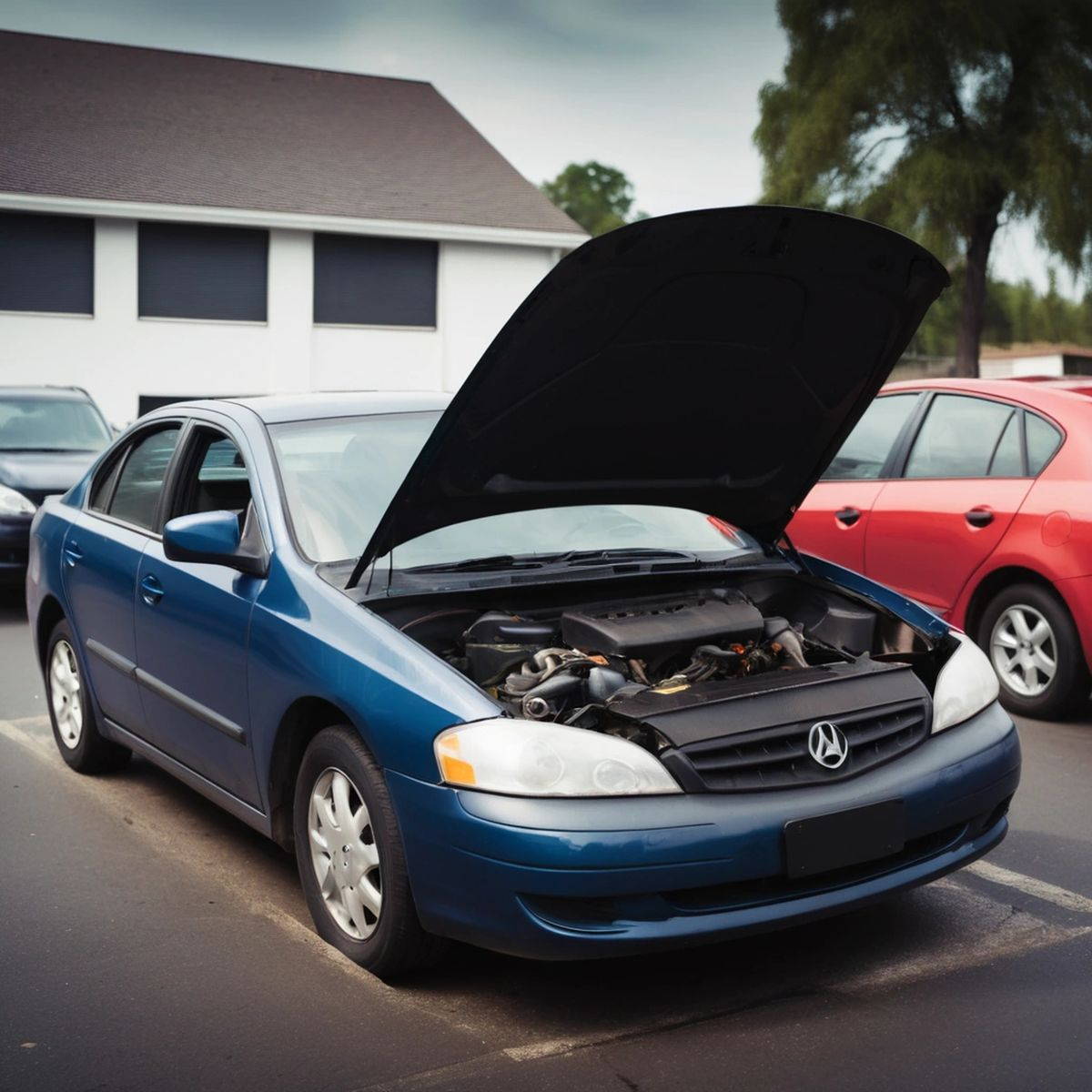
Are you in the market for a used car but feeling overwhelmed by the countless options available? Making the decision to purchase a pre-owned vehicle is a significant investment, and it's essential to consider several factors to ensure you make the right choice. In this comprehensive guide, we'll explore the key aspects to pay attention to when buying a used car.
- Set a Budget Before you start shopping for a used car, it's crucial to establish a realistic budget. Determine how much you're willing to spend on the vehicle, taking into account additional costs such as taxes, registration fees, insurance, and potential repairs. Setting a budget will help narrow down your options and prevent you from overspending.
- Research the Vehicle Once you've established your budget, research the make and model of the car you're interested in. Look for reviews, ratings, and reliability scores from reputable sources to gain insight into the vehicle's overall performance and potential issues. Pay attention to common problems reported by owners and any recalls or safety concerns related to the specific model year.
- Check the Vehicle History Report Obtain a comprehensive vehicle history report for the car you're considering to uncover any hidden issues or past accidents. The report will provide valuable information about the vehicle's ownership history, title status, mileage discrepancies, and reported accidents. Reviewing the vehicle history report can help you make an informed decision and avoid purchasing a car with a troubled past.
- Inspect the Exterior and Interior When inspecting a used car, thoroughly examine both the exterior and interior for signs of wear, damage, or neglect. Check for rust, dents, scratches, and paint imperfections on the exterior, as well as any visible signs of corrosion underneath the vehicle. Inside, inspect the upholstery, dashboard, and controls for excessive wear and tear, unusual odors, or malfunctioning features.
- Test Drive the Car One of the most critical steps in buying a used car is taking it for a test drive. During the test drive, pay attention to how the car handles, accelerates, and brakes. Listen for any unusual noises coming from the engine, transmission, or suspension. Test all the vehicle's features, including air conditioning, heating, audio system, and electronic components, to ensure they are in proper working order.
- Have the Car Inspected by a Mechanic Before finalizing the purchase, consider having the used car inspected by a qualified mechanic. A professional inspection can uncover potential mechanical issues or safety concerns that may not be apparent during a standard test drive. The mechanic can evaluate the vehicle's overall condition, perform diagnostic tests, and provide an expert opinion on its reliability and future maintenance needs.
By paying attention to these key factors and conducting thorough research and inspections, you can make a more informed decision when buying a used car. Remember to take your time, ask questions, and don't hesitate to walk away if you're not fully satisfied with the vehicle's condition or history. With careful consideration and attention to detail, you'll find the perfect pre-owned car that meets your needs and budget.

